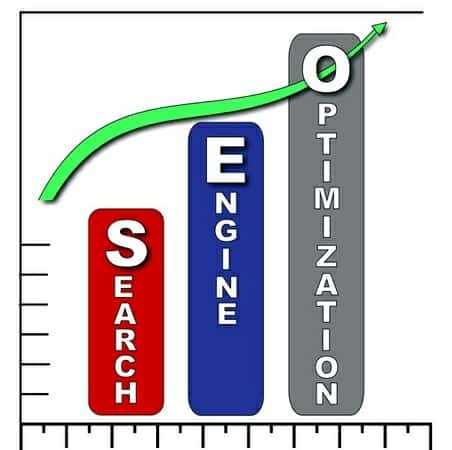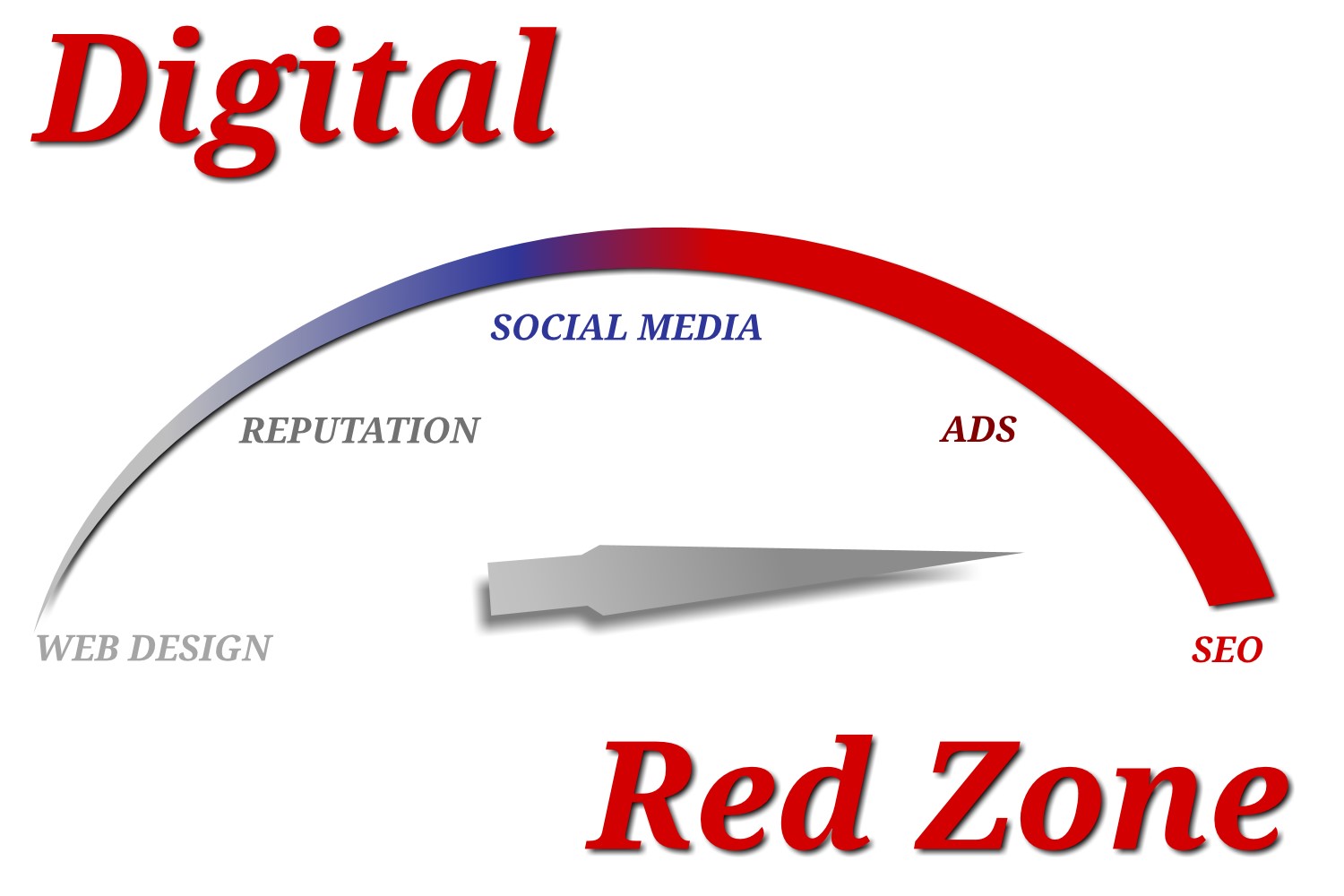SEO: What is it?
Search Engine Optimization is the process of growing the quantity and quality of a website traffic to a website through search engines like Google, Bing, etc. SEO is all about marketing your business online to drive more traffic to your website generating more leads and making your business thrive. We do this through a combination of onsite coding and offsite strategies. Through over a decade of tracking data daily, testing and studying changes in the industry, we know what it takes to be ranked highly by the algorithms of Google, Yahoo and Bing.

SEO is also a form of online marketing, it considers how the search engines work and the algorithms Google uses to rank websites. SEO also takes into consideration what people search on the web, keywords typed into the search engines for products or services, and what search engines are preferred by their target audience. The main goal of SEO is get your website ranked higher in the search engine results page (SERP). This will eventually lead to visitors of the website becoming customers.
Having Search Engine Optimization (SEO) done for small business websites is essential for several reasons:
Importance of SEO for Small Business Websites:
- Visibility and Brand Awareness: Most consumers use search engines like Google to find products, services, or information. A well-optimized website can appear higher in search engine results, increasing visibility and brand awareness.
- Cost-effective Marketing: Organic search traffic from SEO efforts is "free." While there's an initial investment in SEO optimization, it often yields a higher return on investment (ROI) over the long run compared to other forms of paid advertising.
- Increased Credibility: Websites that rank higher in search results are often perceived as more credible and authoritative. This perception can lead to increased trust among potential customers.
- Local Discovery: Local SEO can help small businesses appear in local search results, such as map listings, making it easier for nearby customers to discover and visit the physical location or contact the business.
- Higher Traffic and Conversions: Effective SEO strategies drive more traffic to the website and target specific keywords that potential customers are using. This means the traffic is more relevant and likely to convert.
- User Experience: SEO also involves improving the overall user experience, ensuring the website loads fast, is mobile-friendly, and is easy to navigate, further enhancing the chances of conversions.
- Stay Competitive: Many competitors are likely investing in SEO. By not doing so, a business might lose potential customers to those competitors.
Cost of Not Investing in SEO:
- Lost Potential Revenue: Without SEO, a business might miss out on significant organic traffic, which can translate into missed sales or leads.
- Increased Advertising Costs: Without organic traffic from SEO, a business might rely more on paid advertising to drive traffic, which can become expensive over time.
- Lost Market Share: If competitors are investing in SEO and a particular business isn't, the business might lose market share as competitors capture the majority of organic search traffic.
- Missed Local Opportunities: Without local SEO, a small business might miss out on attracting local customers searching for their products or services.
- Reputation Management: SEO is also a tool for online reputation management. Without it, negative reviews or content rank higher in search results when someone searches for the business, potentially harming its reputation.
- Higher Costs Later: If a business decides to invest in SEO after neglecting it, they might find that their website requires extensive changes, leading to higher costs compared to having invested in SEO from the beginning.
Expert Tip:
The actual monetary cost of not investing in SEO varies based on the industry, competition, and potential search traffic volume. However, the absence of an SEO strategy can lead to lost opportunities and increased expenses in other areas. For small businesses, especially those with tight marketing budgets or highly competitive industries, SEO can be a crucial tool to level the playing field and drive consistent, organic traffic to their websites.
